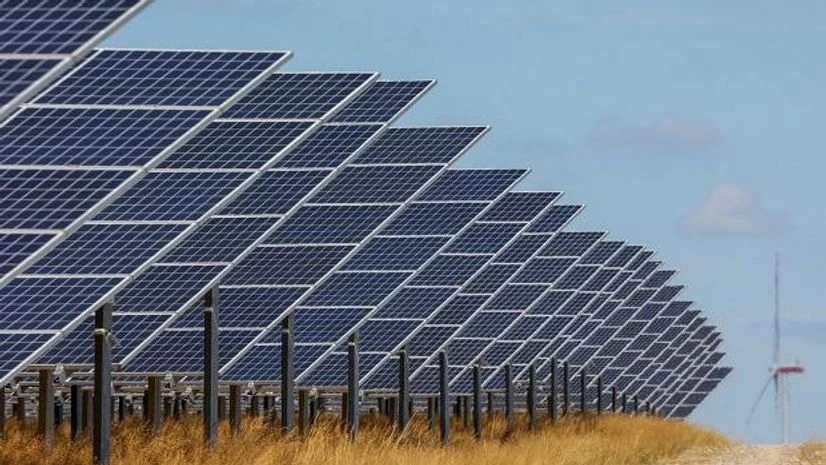Prime Minister Narendra Modi on Saturday called upon the industry, academic and research organisations to work seamlessly with greater integration to address India's energy needs and foster circular economy for sustainable development.
He also highlighted the need to use scientific approach and technology such as artificial intelligence in various fields ranging from traditional knowledge to mapping students to their interest, skill sets and competencies to make them better suited to meet the demands of future India and the world.
Prime Minister Modi, who is President of the Council of Scientific and Industrial Research (CSIR), made the comments at the meeting of CSIR Society here on Saturday.
Modi asked the scientific community to move towards Vision 2047 with the aim of India being a global leader, according to an official statement.
He called upon the scientific community to come up with technological solutions to increase protein content in cereals and new varieties of millets to improve the yield and also the nutritional content.
He asked scientists to develop a catalogue of high nutritional value of indigenous food products, which will help in enhancing their global acceptability.
More From This Section
The prime minister highlighted the significance of documenting the CSIR's journey of the past 80 years, which can help in review of progress achieved and identify areas of lacunae that can be addressed.
He emphasized that for technology to reach the common man, an integrated approach of scientific, commercial and social components must be pursued.
Modi asked the leaders of the scientific community to adopt a one person one lab approach to help boost scientific research and development through such a focussed approach.
The prime minister also suggested that a virtual summit of all labs can be held regularly in which they can learn new things from each other's experience.
Earlier, in his opening remarks, Science and Technology minister Dr Jitendra Singh highlighted that this year CSIR has completed 80 years just around the time when India celebrated 75 years of independence and the two have traversed the journey together.
He emphasised for integration, synergy and desiloization of industry, academia and research.
DG-CSIR, Dr N Kalaiselvi made a presentation on the recent achievements and contribution of CSIR.
He also highlighted the efforts on India's first Hydrogen fuel cell bus, ushering in purple revolution in J&K and opening of TKDL library to spur innovation based India's rich traditional knowledge.
The preparedness for future pandemics through mRNA platform technology, nurturing young scientific leaders, and sustainable start-ups and reaching out to the school students through Jigyasa virtual lab were some of the other major initiatives that were highlighted by DG-CSIR, the statement said.
(Only the headline and picture of this report may have been reworked by the Business Standard staff; the rest of the content is auto-generated from a syndicated feed.)

)
